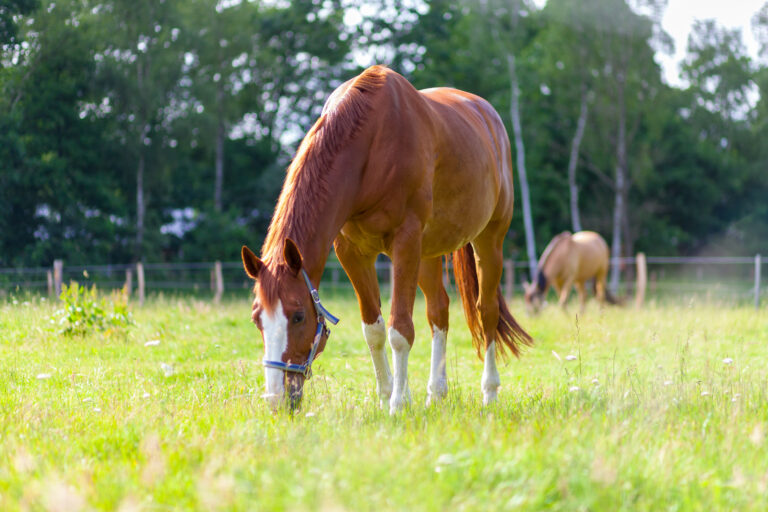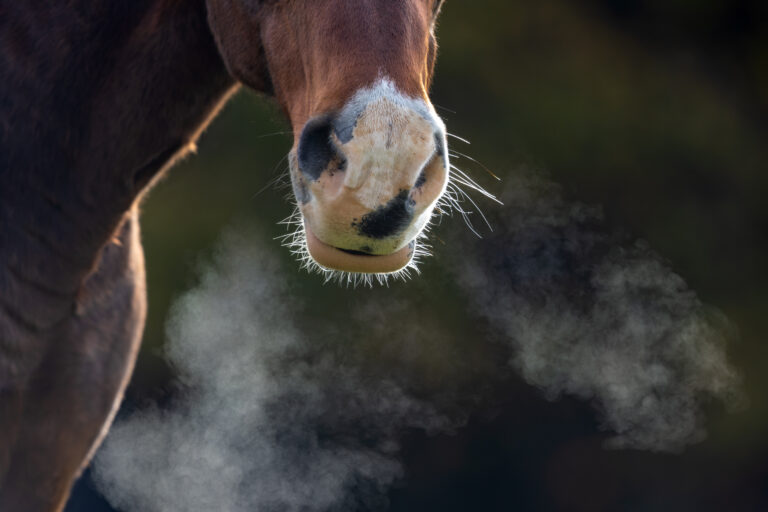
When considering colic surgery for a foal or an adult horse with strangulating small intestinal lesions, numerous factors come into play, most notably cost of surgery, prognosis for survival and recovery, distance to the surgical facility and whether or not the horse is insured. It is helpful for horse owners to have the ability to make an informed decision about whether or not to pursue surgery based on the likelihood of a favorable outcome.
At the 2022 American Association of Equine Practitioners (AAEP) Convention, Sara Erwin, BS, DVM/PhD student at North Carolina State University, discussed survival rates of horses and foals experiencing strangulating small intestinal (SI) lesions. The retrospective study compared survival rates of foals to adult horses in surgical cases between 2000 – 2020 at multiple referral hospitals across the United States.
Outcomes for foals less than six months of age with strangulating intestinal lesions were compared to outcomes in adult horses aged 2 – 20 years. More than half of the foals in the study experienced volvulus (twist) of the small intestines, and most foals were less than two months of age. Of the adults, commonly occurring volvulus peaked at ages 6-9 years, and strangulating lipomas commonly occurred at age 17-20 years.
The results from this study indicate that neither age, breed nor gender affect survival. Resection (cutting away portions of the intestines) did not affect survival in either age group. There was no trend toward any lesion type influencing likelihood of recovery. All age groups had a similar incidence of intra-operative resection or euthanasia.
Short-term survival following surgical correction of small intestinal strangulation was similar in both age groups: 24/25 foals and 66/75 adults. Many of the horses were lost to follow-up one month post-operatively, but 12/13 adults and 4/5 foals were doing well at that time point.









